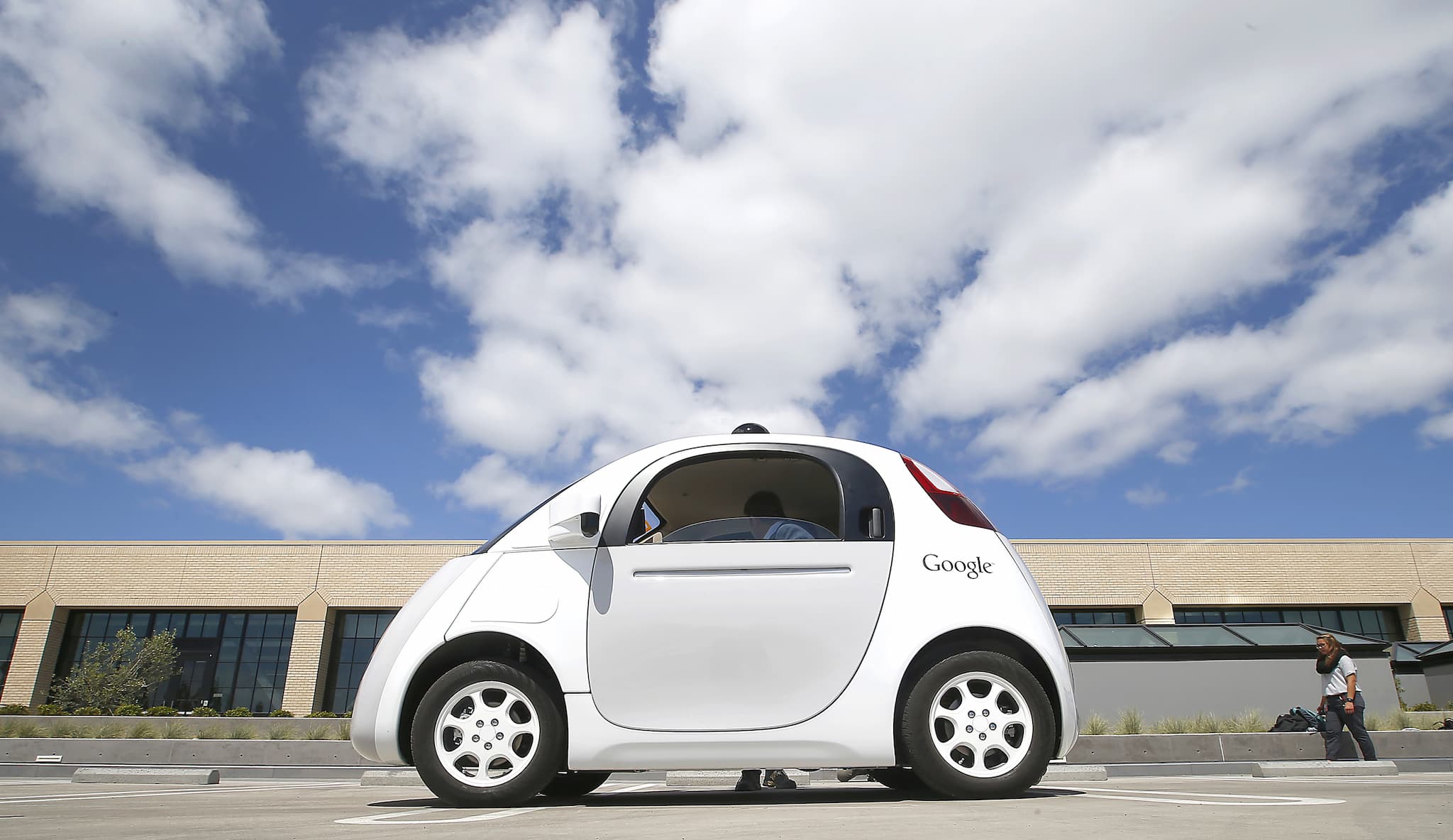Defensive Driving
Advances in automotive technology have prompted federal transportation officials to shift their original stance regarding the prospect of self-driving cars.
In May 2013, the U.S. Department of Transportation released an official statement saying that these vehicles should be limited to testing and are not "authorized for use by members of the public for general driving purposes." Sad times for anyone who was hoping to have an invisible, robotic car drive them about the countryside.
However, given the rapid developments made in the field of self-driving automobiles, they are now recognizing the emerging technology’s potential, while still (trying) to keep safety at the forefront.
"I want the posture of our agency to be obviously vigilant on the safety front, but I don't want our agency to be skittish about innovations that are out there," Transportation Secretary Anthony Foxx said in a press release just last week.
Self-Driving Future
Federal transportation officials have yet to release a new policy regarding the matter, but it is expected that the update will be released in a few weeks time, with the National Highway Traffic Safety Administration overseeing it.
This new stance on the potential of self-driving cars empowers numerous automobile manufacturers such as Google, Tesla Motors, Nissan and Honda to continue improving the technology.
However, amid these new reports in favor of the technology, non-profit group Consumer Watchdog continues to voice concerns—"The California DMV correctly is focused on getting the regulations correct, rather than rushing them out the door," John Simpson of Consumer Watchdog said. Federal authorities must "not succumb to corporate pressure to move so fast that our safety on the highways is compromised."
Nevertheless, it is a notable step forward for the automotive industry (well, at least some companies in the industry) and for anyone who is hoping that the future will be slightly more automated.
Share This Article
